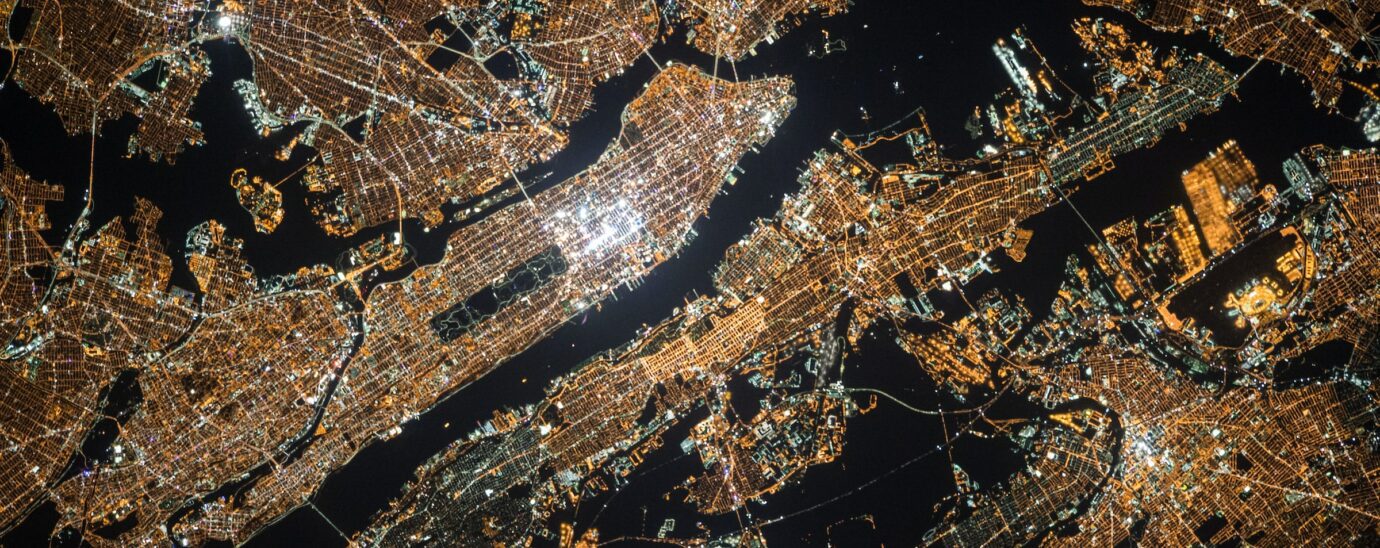Transforming data centre approaches to tackle the climate crisis.

There are currently over 5 billion internet users worldwide – which equates to more than 63% of the global population. Facilitating these volumes of connections, while transformative in many ways, inevitably takes its toll on the planet. Current internet usage accounts for 4% of global greenhouse emissions – and this number is predicted to double by 2025 (source).
Undoubtedly, the increasing transition to cloud – by enterprises and individuals alike – puts even more pressure on the internet through its storage and processing needs. Cloud technology is here to stay – and has the capacity to help rather than hinder our global efforts to reduce the impacts of global heating. To do this, data centres must focus on ensuring sustainability sits at the heart of their operations and uncover innovative routes to reduce energy usage and emissions.
It is important to review data centres’ infrastructure at every level including supply chains of the hardware plus the hardware and software they use. In doing so, cloud providers must also ensure they are setting tangible, ambitious, and achievable targets to affect real change. At OVHcloud, our goals are to achieve carbon neutrality on operations by 2025, use 100% renewable energy sources by 2025 and produce 0% landfill waste from production centres
by 2030.
Making data centres greener
From a hardware perspective, there has been great progress made in creating more energy efficient and sustainable data centres. For example, the most significant environmental impact of data centres is the vast processing power required to run the servers and keep them cool. Efficient cooling systems, such as liquid cooling, reduces electricity consumption, PUE (power usage effectiveness) and WUE (water use efficiency) metrics provide accurate monitoring of these systems. Closed-loop water cooling enables us to keep our data centres cool without the need for air conditioning. Natural air cooling also acts as a more environmentally friendly alternative to air conditioning systems.
The lifecycle of hardware is another essential consideration. Data centre components should not be single-use – and should instead be given a second and third life through repair and refurbishment. OVHcloud uses fully removable servers, and each component is chosen specifically for easy reuse, recycle and repair. Re-using racks and using refurbished components to create new servers enables providers to act smarter, using fewer components for longer periods of time. Location and building type are critical when establishing data centres. Reusing industrial buildings will reduce the costs and energy required to build new facilities. It must also be located to facilitate the use of renewable energy mix. For example, our data centre in Quebec is located in a former aluminium plant that has been retrofitted to host our servers and is solely powered with sustainable energy – composed of hydroelectricity and wind farms. Over 50 million metric tons of e-waste is generated globally every year (source) – more than the weight of the Great Wall of China. Data centre electronic waste becomes another crucial area that needs to be addressed. Effective measures include choosing sustainable packaging, optimising freight transportation, managing employee waste and IT components, and finding the right partners to facilitate the re-use of waste. Continual progress will help to reach our goal of eliminating landfill waste.
There is power in the data
Sustainable measures, of course, do not stop at optimising hardware – it is also what is within our servers that counts. Sustainability monitoring is vital – both for cloud providers and their customers. We partnered with European technology research institute Inria to enable users to view their real-time energy consumption and carbon footprint data via an API, giving them the power to see where they need to improve.
Operational transparency is now expected by customers; they want to understand the environmental impact of the solutions delivered by the data centres they use. Not only does this provide vital data to take tangible action, it also boosts their competitive edge by offering customers the necessary insights into their own carbon footprint.
Tracking every step of the supply chain
Climate responsibility does not start and finish with the data centre. Cloud providers also have the power to optimise their supply chains and positively impact the entire ecosystem. This starts with the suppliers you choose and includes the use of sustainable packaging. At OVHcloud we build our own servers and data centres. This gives us the ability to control the production chain from beginning to end, including the choice of equipment, and makes us agile in helping our customers find the most effective and energy saving solutions for their software. This holistic approach enables providers to further extend the life of their servers and infrastructure, redistribute components from one data centre to the other. It also embraces the testing of components to allow for best possible reuse and recycle, by sending them to partners to create new sources of raw materials.
A commitment to the climate crisis is a business imperative
Making an effort to commit to green technology is no longer a ‘nice to have’. There is now a moral obligation to proactively commit to reaching net-zero. It goes without saying that these commitments are attractive to customers and, in a time of rising energy costs, also make economic sense. Climate neutrality in the cloud industry will only be achieved through collaboration. OVHcloud has committed to the Climate Neutral Datacentre Pact. This step can collectively create change and support the industry’s contribution to a ‘European Green Deal’ – making Europe the world’s first climate-neutral continent by 2050. Data centres can, and should, lead the way by empowering their ecosystems, their clients, their partners, and their employees to take sustainability seriously and make a tangible positive contribution to the future of our planet.
